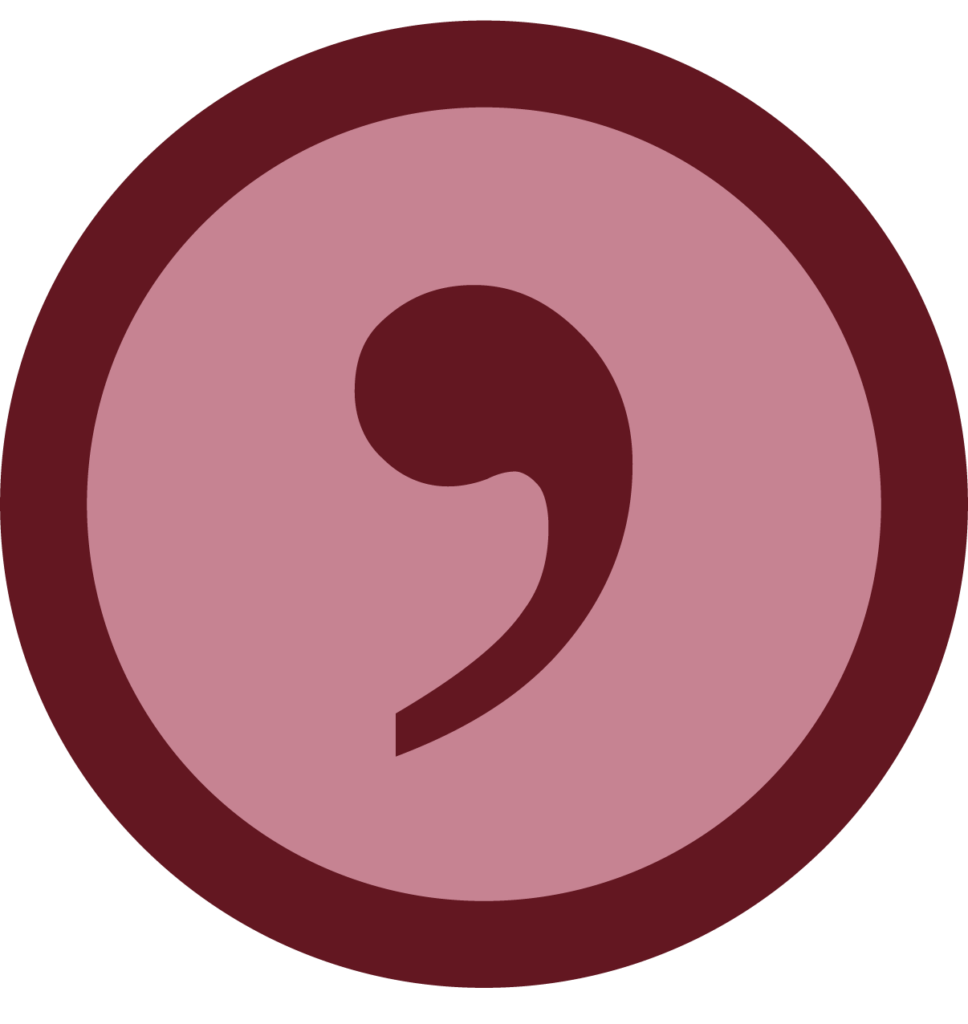- Demonstrate how to use apostrophes to show possession
- Demonstrate how to use apostrophes in contractions
- Demonstrate the correct use of quotation marks
When to Use Apostrophes
With possessives, the apostrophe is used in combination with an s to indicate that a word literally or conceptually possesses what follows it.
Singular Possessives
Singular words, whether or not they end in s, are made possessive by adding an apostrophe + s.
- a student’s paper = the paper of a student
- one hour’s passing = the passing of one hour
- Illinois’s law or Illinois’ law = the law of Illinois
- their professor’s office = the office of their professor (just one!)
If you just mean to make a word plural, you should not add an apostrophe.
Incorrect use of Apostrophes
Here is an example of incorrect usage:
- The student’s planned to buy their books but played Xbox instead.
Here, you would not use an apostrophe because there is no ownership being established. You can double-check this example and see that this use of the apostrophe would not pass the “of” test:
- The planned of the students just does not make sense.
The sentence above would not pass the test and should read as follows:
- The students planned to buy their books but played Xbox instead.

Plural Possessives
For plural words, we typically indicate possession simply by adding the apostrophe without an additional s. However, for a plural that does not end in an s (e.g., bacteria), we would add an apostrophe + s.
Possessive forms of plural words can sometimes be confusing because we often add s to make a noun plural. With all those s’s, it may seem overwhelming, but the rules are actually quite simple:
- To make plural nouns that do not end in s possessive, add ’s.
- To make plural nouns that end in s possessive, add just the apostrophe.
- the mice’s footprints
- The children’s playground = the playground used by children
- The alumni’s reunion = the reunion attended by the alumni
Plurals ending in s:
- my cats’ treasures
- interviewees’ answers = the answers of the interviewees (multiple)
- their professors’ office = the office of their professors (an office shared by two or more of their professors)
Writers sometimes mistakenly add apostrophes to make words plural, but this is not how the apostrophe is used; the apostrophe is used to show possession or ownership.
Now try applying these apostrophe rules yourself.